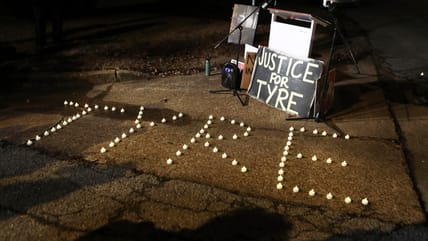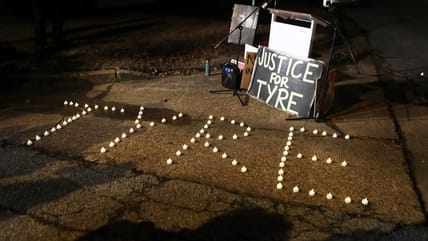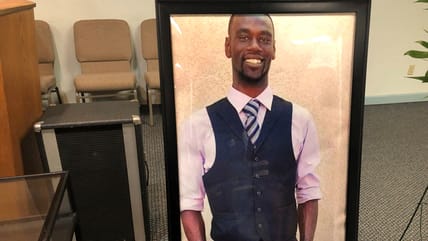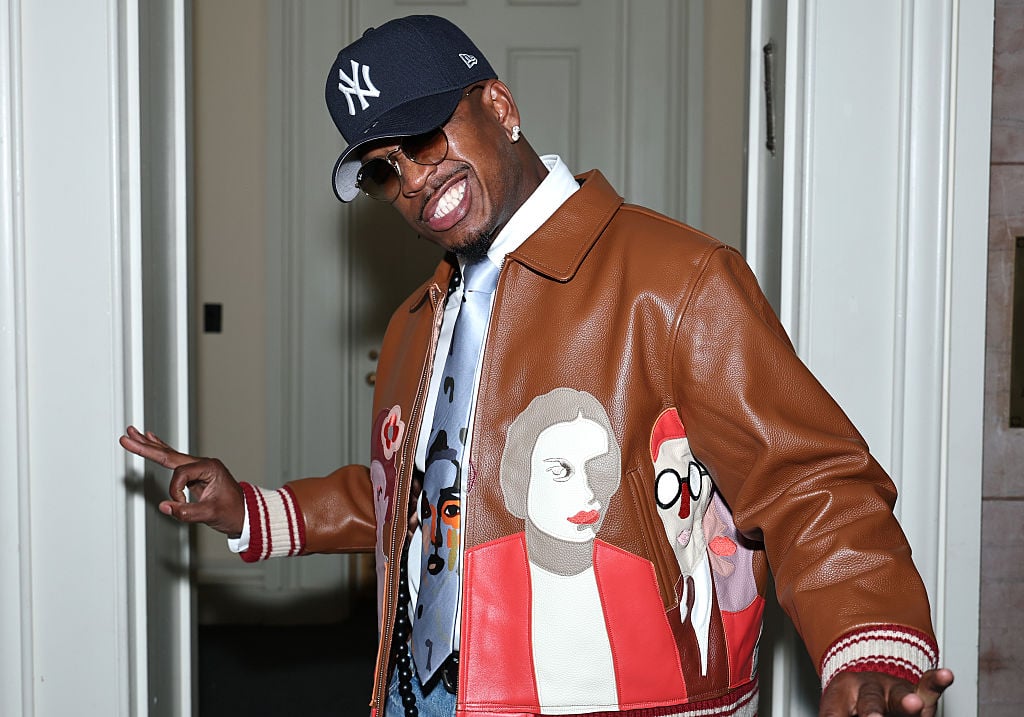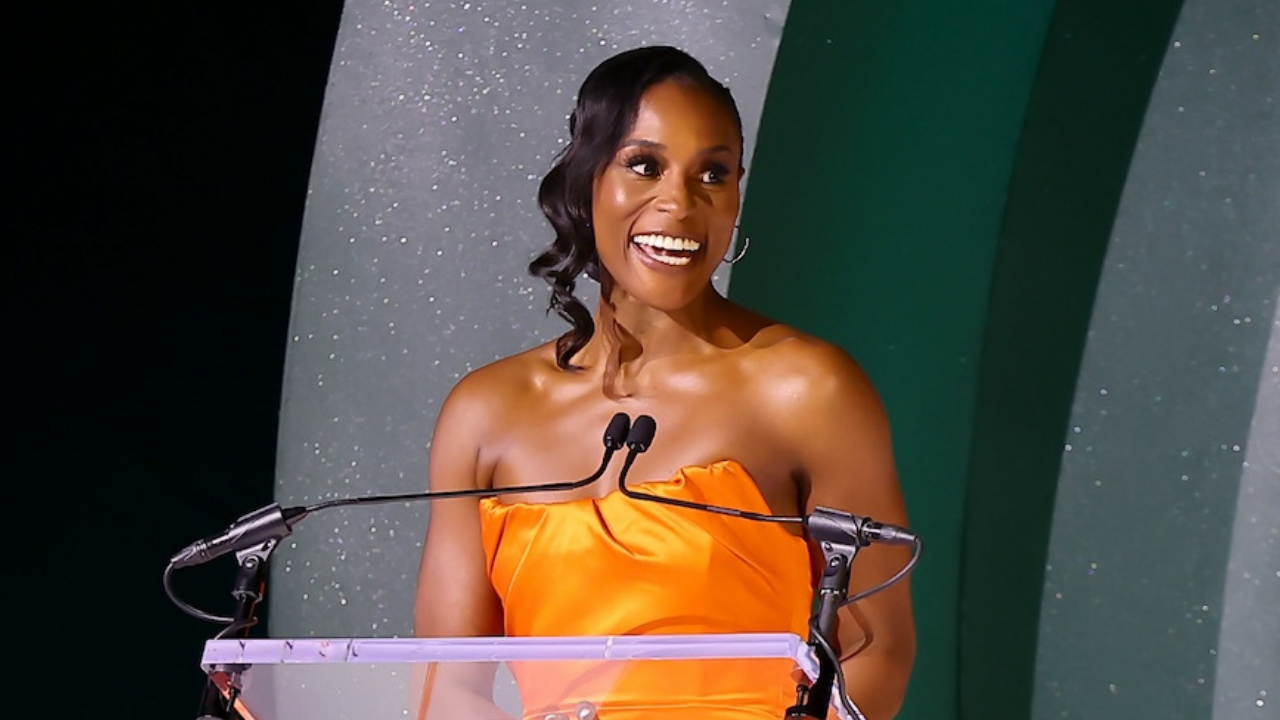Editor’s note: The following article is an op-ed, and the views expressed are the author’s own. Read more opinions on theGrio.
Tyre Nichols should be alive.
Instead, he died after being brutally beaten by five Memphis police officers, three of whom were just acquitted in a state trial of all charges related to his death. It was all caught on video. A young Black man running for his life after a traffic stop turned nightmare. Crying out for his mother, unarmed, confused, and terrified. And now, the system tells us no one is responsible. Again.
This Wednesday, a court ruled that Tadarrius Bean, Demetrius Haley, and Justin Smith, were not guilty of several charges related to Nichols’ death, including second-degree murder.
Let me say this plainly: justice in America is optional and rarely granted to Black people.
We’ve been here before. Trayvon. Mike. Eric. Freddie. George. And now Tyre. Different names, same ending. Promises of accountability, national outrage, tears, and marches followed by silence and shrugged shoulders when the courts decide that Black lives still don’t matter enough for consequences.
This time, though, the police officers weren’t white. They were Black. Some people are using that to excuse the outcome. “See?” they say. “It’s not about race. The officers were Black too.”
But let’s be clear: just because the officers were Black does not mean the system was. The badge comes with its own brotherhood, and the blue has never treated Black as its equal, even when Black men wear the uniform. These officers weren’t acquitted because they were innocent. They were acquitted because they were part of a system built to protect itself.
Black officers are not immune to being agents of white supremacy. In fact, their participation can sometimes help shield the system from critique. “How can it be racist?” they ask. “Look who did it.” But we know better. We know the system isn’t just about individual bad actors. It’s about a culture of violence, immunity, and silence that swallows up anyone who dares question it and rewards those who play by its deadly rules. Look at the 2015 case of Freddie Gray— Black officers were part of the larger group charged with his death and they got off too.
The acquittal of these officers is not just a legal decision. It’s a message. To every Black parent raising a son: the law will not protect him. To every Black youth walking home at night: the camera might catch it, but it won’t save you. To every activist demanding justice: we are not listening.
This is what trauma looks like in real-time. Not just the pain of losing Tyre, but the repeated affirmation that no matter how loud we scream, how much proof we provide, or how many protests we lead, the system remains unmoved.
What does justice look like when the rules are different depending on your skin color? What does accountability mean when Black death is treated like background noise?
We are told to trust the process, but the process was never designed with us in mind. It was designed to maintain order, not to deliver justice. It was designed to protect the institution, not the people. Especially not people who look like Tyre.
So no, I won’t celebrate partial charges. All five officers, including Emmitt Martin III and Desmond Mills Jr., either pled guilty to or were convicted of various charges in federal court, and could face some jail time, but the message of this recent acquittal is loud: police will be protected. I won’t clap for firings without convictions. And I certainly won’t let this acquittal pass without saying: it is morally wrong.
Tyre Nichols did not have to die. The officers who beat him had a choice. They chose violence. They chose brutality. And now, the courts have chosen to excuse it.
If we are ever to break this cycle, we must stop seeing these cases as isolated. They are not. They are connected by history, by policy, and by a system of policing that sees Blackness as a threat, even when that Blackness is wearing the uniform.
It’s time for us to stop pretending that body cameras and press conferences are enough. We need a transformation of how we police, how we prosecute, and how we value Black life.
Until then, we mourn. We rage. We remember.
And we say his name: Tyre Nichols.
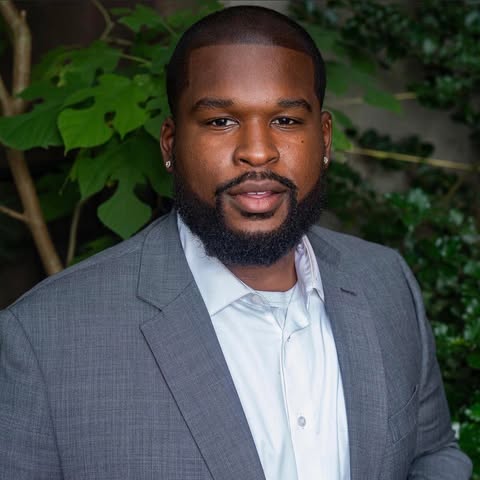
Jonathan Conyers is the author of the acclaimed memoir I Wasn’t Supposed to Be Here. He is also a respiratory therapist, writer, and producer, as well as the owner and investor of several successful business ventures. Through his storytelling and work, Conyers continues to amplify underrepresented voices and create impact across industries.


